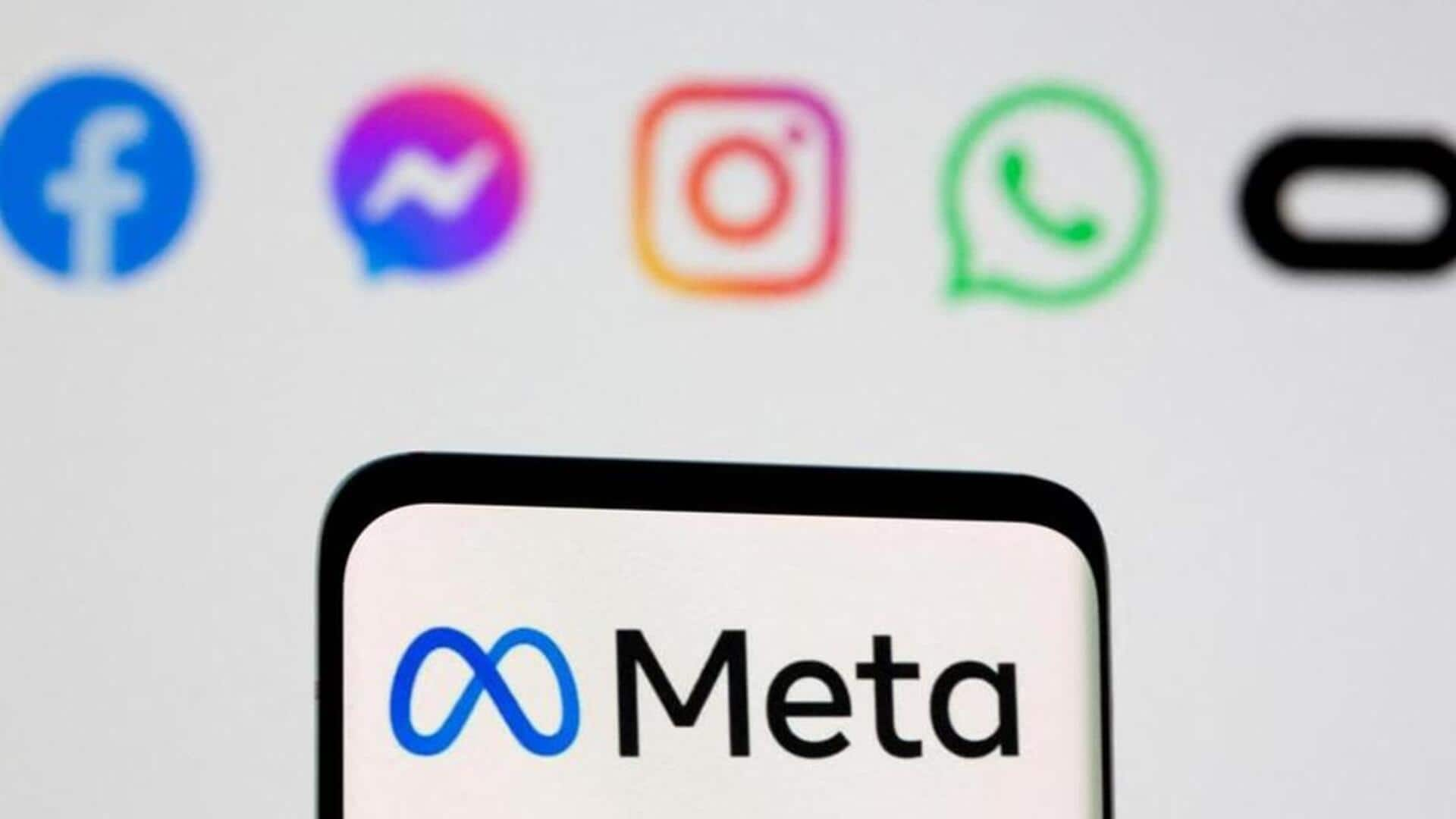Meta announced that it has removed 2 million accounts related to pig butchering and other scams from its platforms since the beginning of the year. The majority of these accounts come from Myanmar, Laos, the United Arab Emirates, the Philippines, and Cambodia, which is infamous for hosting “scam slave” operations.
“These criminal scam hubs often lure unsuspecting job seekers with too-good-to-be-true job postings on local job boards, forums and recruitment platforms to then force them to work as online scammers, often under the threat of physical abuse,” explains Meta.
The primary scam of these accounts is ‘pig butchering’, a very destructive financial investment scam based on long-term manipulation and deception. Meta has removed these accounts from its system and collaborated with law enforcement agencies in the mentioned nations to share intel and stop the scam activities at their source.

Scams on Social Media
Meta claims that ‘gangs in the Asia Pacific predominantly carry out pig slaughtering’ frauds, although they target users globally. Furthermore, Meta has been actively combating this issue on its platforms for more than two years, with cybercrime gangs expanding from Cambodia to Laos, Myanmar, and the UAE.
Read more: Beware Of The Latest Gmail Account Takeover Scam
Meta’s Reaction
- Meta has enforced its Dangerous Organisations and Individuals (DOI) Policy to ban scam groups and disrupt operations across its platforms.
- Behavioural and technical signals are used to identify and block scam-related accounts and infrastructure.
- Meta is collaborating with global law enforcement to disrupt scams.
- Meta is partnering with tech companies and initiatives like the Tech Against Scams Coalition to enhance cross-platform defences.
- There are protective features such as warnings in Messenger, Instagram, and group chat transparency on WhatsApp to help users identify and avoid scams.
All in all, users are advised to steer clear whenever they are asked for money on social media and communication platforms.
Stay tuned to Brandsynario for the latest news and updates











































